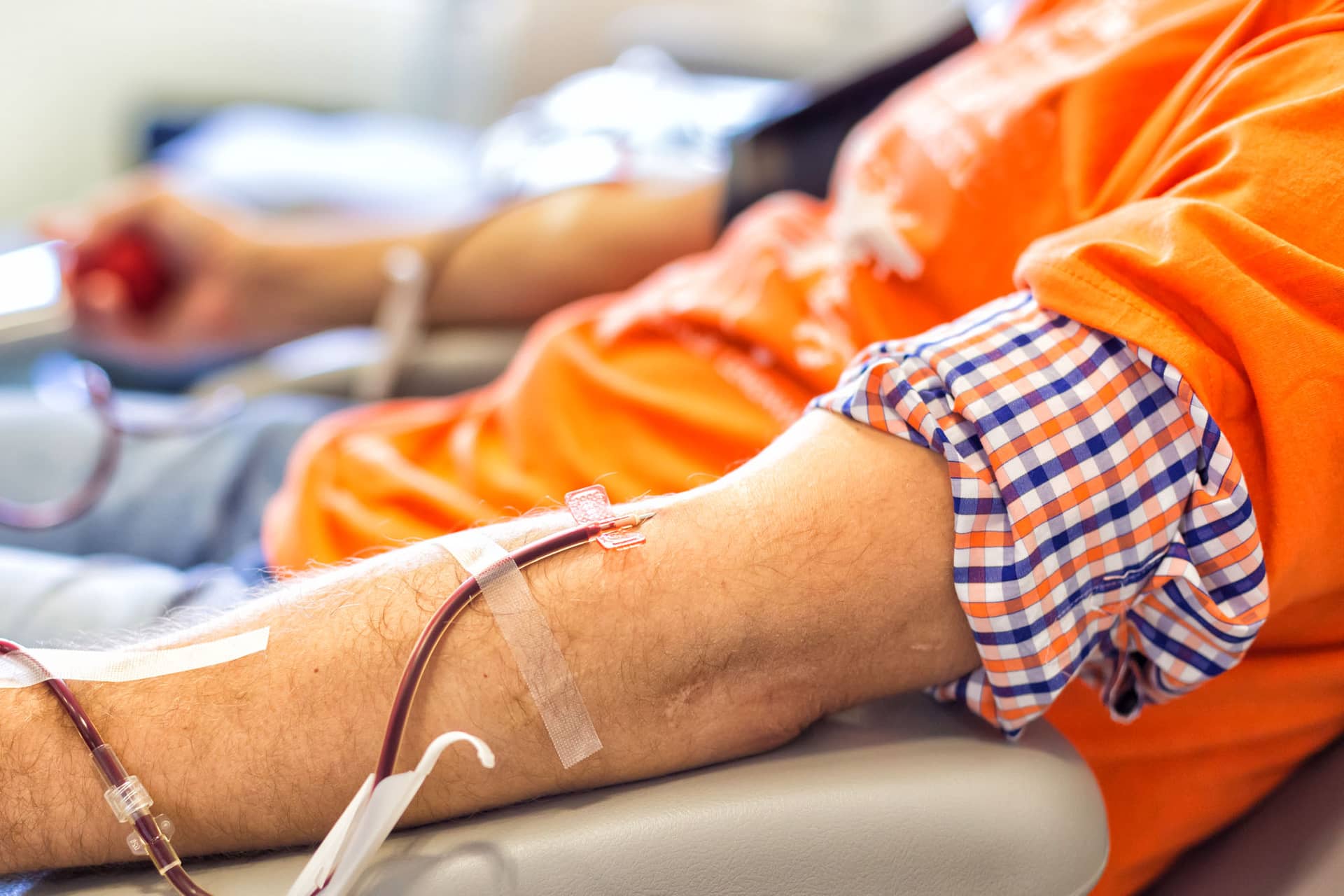
It’s not just the Brits either. “Royals” in the US also seem to have remarkable luck when it comes to longevity.
The billionaire banker and philanthropist David Rockefeller recently passed away at the age of 101 after receiving an astonishing six heart transplants in his lifetime. Transplant #6 took place when he reached the tender age of 99! Living through one heart transplant is an amazing feat. Living through six of them to reach a triple-digit lifespan is nothing short of miraculous.
How do they do it? What gives the world’s elite the youthful vitality of people half their age?
While obvious factors include good genes and the best medical care money can buy, there may be more to the story than is being told.
Silicon Valley Anti-Aging Study Benefits the Wealthy Elite
At Ambrosia, LLC, a start-up anti-aging clinic in Monterey, California, people 35 years and older are ponying up a small fortune to participate in a controversial new clinical trial.The idea is to find out if a transfusion of “young blood” plasma from donors under the age of 25 has the power to turn back the clock on aging and restore their physical and mental vibrancy.1 Although the $8,000 price tag to participate has raised ethical red flags in the research community, 31-year-old physician and Ambrosia founder Dr. Jesse Karmazin insists the idea is not as crazy as it sounds.
Karmazin became fascinated by the study of anti-aging as a medical student at Stanford University, where research revealed the brains of elderly mice became rejuvenated after blood plasma transfusions from younger animals.
“Young Blood” Teaches Old Mice New Tricks
In the 2014 Stanford study, elderly mice were given repeated blood injections from youthful mice, leading to improved learning performance and memory tasks. Upon examination, scientists found positive brain changes at the structural, molecular and cognitive levels.2 A more recent study, published just last month, took the idea one step further. In this one, Stanford researchers injected aging mice with plasma from human umbilical cords and plasma from young adults and discovered the same rejuvenative effects – while mice injected with plasma from senior adults showed no such benefit.3 Can the same positive effects seen in mouse studies be replicated in humans?That’s the next thing the researchers at Stanford want to find out. As we speak, a human trial is currently underway to determine if young blood plasma given to subjects with mild to severe Alzheimer’s will help reverse memory loss.4
Anti-Aging Breakthrough or Just Another Fad?
Right now, a debate is taking place as to whether “young blood” treatment may be a viable anti-aging therapy or is just another passing fad in medical science.Unfortunately, while Dr. Karmazin’s Ambrosia study makes for provocative headlines, it’s not the kind of stringently controlled research trial that carries much weight in the scientific community.
For one, the lack of a control group casts doubt on the accuracy of the findings. And it’s troubling that subjects may be as young as 35 years old – making it difficult to prove any real benefit to the elderly.
Finally, participants have to pay an $8,000 fee to participate. This high barrier to entry has been criticized by ethicists and researchers alike – including Dr. Karmazin’s former colleagues at Stanford.5 Meanwhile, some prominent people are publically showing their support.
Silicon Valley billionaire and financier Peter Thiel is investing millions of dollars into anti-aging research and is interested in young blood transfusions for himself in an effort to beat back the clock.
Another fan? Perhaps not surprisingly, novelist Anne Rice of Interview with the Vampire fame. Ms. Rice recently stated, “I don’t know why that needs to involve the hyper-rich. I have read about that, and it sounds extremely promising and interesting and worth experimenting with.”6 The quest to extend life by several decades is gathering momentum, and we may soon find out if transfusions of young blood will help us on our journey.
- https://singularityhub.com/2017/01/29/young-blood-offered-as-anti-aging-therapy-but-is-it-ready/
- https://www.ncbi.nlm.nih.gov/pubmed/24793238
- https://www.ncbi.nlm.nih.gov/pubmed/24797482
- https://www.scientificamerican.com/article/fountain-of-youth-young-blood-infusions-ldquo-rejuvenate-rdquo-old-mice/
- http://www.sciencemag.org/news/2016/08/young-blood-antiaging-trial-raises-questions
- http://www.thedailybeast.com/articles/2016/12/26/anne-rice-on-peter-thiel-s-interest-in-harvesting-young-people-s-blood.html


